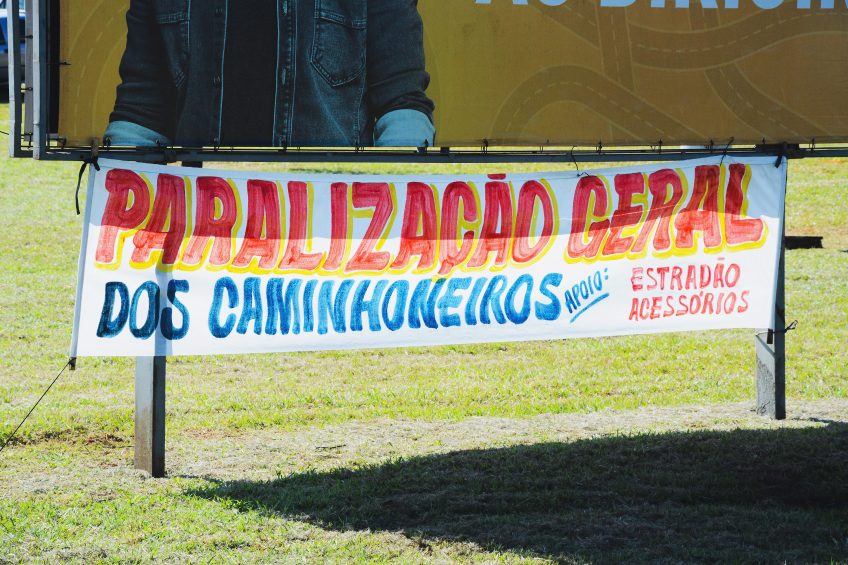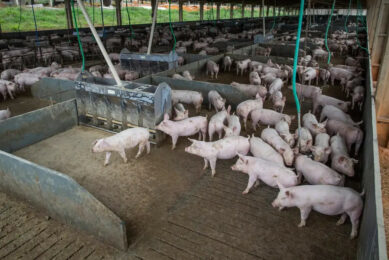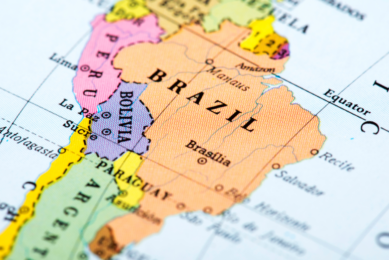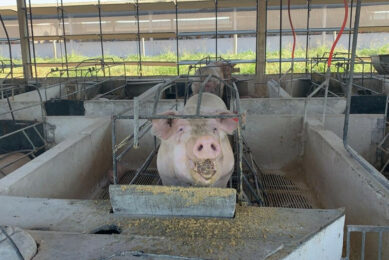Truckers’ strikes hit Brazilian pig and poultry industry

An 11-day spell of truckers’ strikes in May and June has cost the Brazilian pig and poultry sectors about US$?828 million, according to recent calculations of the Brazilian Animal Protein Association (ABPA).
The strike was felt throughout Brazil, as about 60% of all logistics are done by road. The general population’s basic needs were affected and the strike had a major impact on the pig and poultry industry.
Feed and meat plants ceased activity
At day 3 of standstill, production plants were forced to temporarily cease their activities. According to the ABPA, in the entire country, a total of 167 feed and slaughter plants stopped functioning.
After 5 days, the blockage was complete. Feed supplies had run out and animals couldn’t be provided with fresh rations. Especially poultry and chicks started to die – numbers of casualties up to 70 million are mentioned. Pigs resisted longer, as pig producers were forced to cut down on feed supply and provide only basic nutritional requirements, leading to an effect on both performance and health. Around 130,000 tonnes of pig and poultry meat could not be shipped from ports.
Hoping for a definitive solution
Ricardo Santin, executive director at the ABPA, said: “We can still ship those exports. Producers hope for a definitive solution. It all depends on negotiations between government and truck drivers. Our sector directly represents 500,000 workers and a total of 4.1 million people are working with it indirectly, in the whole chain.”
Find more on Brazil and other countries in our tool World of Pigs
Finally, on 2 June, president Temer started to give in and accepted all of the truckers’ requirements, including the cutting of taxes, the reduction of fuel prices and the introduction of minimum prices. The concessions, in turn, were also heavily challenged by other industries again, meaning that a lasting solution to the problems may still be some while away.
Worst situation of political polarisation
For many people, the strikes are the result of the worst situation of political polarisation since the return of democracy 34 years ago.
Since October 2017, different trucking associations have been warning the Brazilian government that they would stop driving in protest against strong increases of fuel prices. The movement gained popular support while president Michel Temer initially did not respond to that message with priority.











